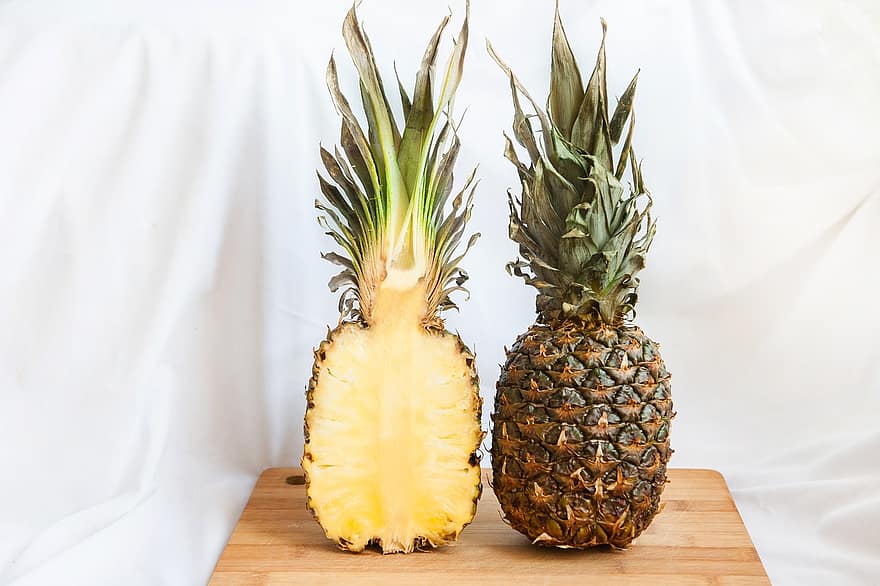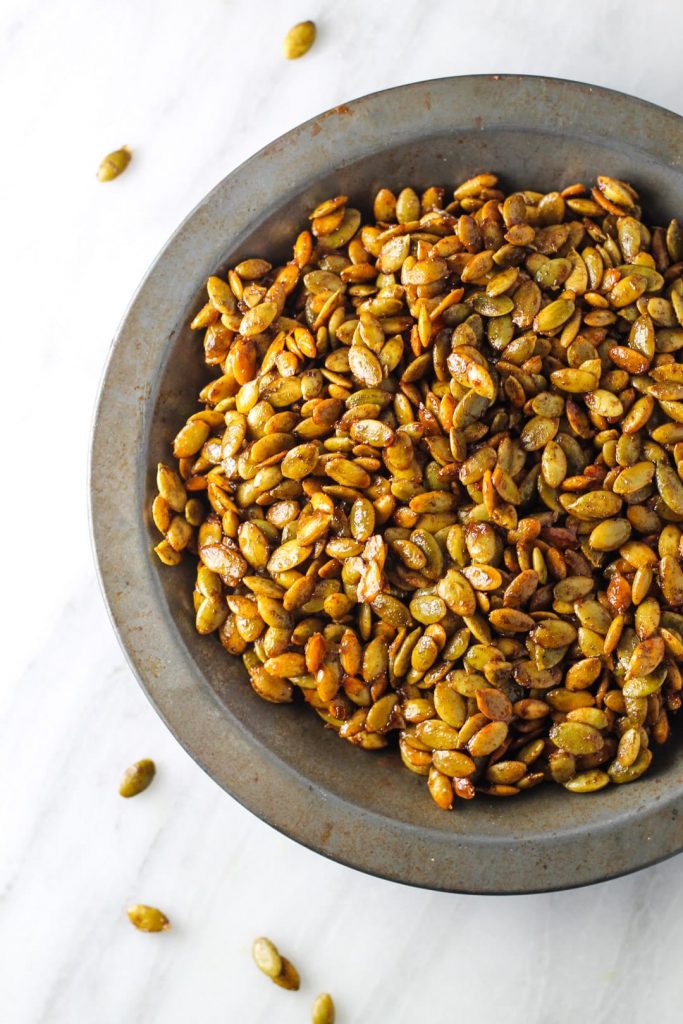Low in FODMAP High in Nutrition
October 1, 2020
By Dietitian Julie A. Palmer, RDN, LD
FODMAP is a medical diet that can help people find relief from IBS symptoms. It is based on research that restricting certain carbohydrate foods for 4-8 weeks can help the gut heal. FODMAP stands for Fermentable Oligo- Di- Mono-saccharides And Polyols. These are carbohydrates found in many of our favorite foods, like apples, garlic, cheese, and bread. With so many delicious foods off the menu, going on a low FODMAP diet can be tough. You want to make sure you are eating a balanced diet that includes fiber, vitamins, and minerals. During COVID times, I have seen more people worried about eating well. Here is a list of the most nutritious, vitamin-packed, FODMAP foods. Eat more of these foods to keep your immune system, and your digestive system, healthy and strong. If you want to give FODMAP a try, contact Dietitian Julie Palmer for customized meal plans.

Red Bell Peppers
nutrition & Recipe
Peppers are an excellent source of Vitamins A and C, potassium, folic acid, and fiber. The red color means it was once a green pepper, but it was left on the vine to ripen. This translates to more nutrients than green peppers. Compared to green bell peppers, the red ones have almost 11 times more beta-carotene and 1.5 times more vitamin C. Perfect for fall, try this low FODMAP red pepper pumpkin hummus

Pineapple
NUTRITION & Tips for the kitchen
A pineapple is not related to pine trees or apples! It’s originally from South America. Pineapples are high in vitamin C and manganese, both responsible for health growth, development, and immunity. Bonus – pineapples can help your digestion. These fruits contain an enzyme called Bromelain. Bromelain breaks down protein, making it easier for the small intestine to absorb nutrients.
Have you ever bought a fresh pineapple? It’s tastier than frozen or canned. Check out this adorable video about how to break down a fresh, whole pineapple.
Soy Milk
Nutrition & Recipe
Most adults lose their ability to digest lactose, the sugar found in milk, so it moves to the large intestine and causes gas, bloating, and pain. To get your daily servings of calcium with stomach upset, try soy milk instead. Choose a soy milk that is unsweetened. One serving of soy milk has the same amount of calcium, vitamin D, and protein as cow’s milk. Consuming soy protein may reduce your risk of heart disease. Say cheers to soy with this spiced chai.

Pumpkin Seeds
Nutrition & Recipe
Pumpkin seeds are little powerhouses of nutrition! They are rich in zinc, a common vitamin you might take if you feel a cold coming on. They are also a natural source of the amino acid tryptophan, which can help promote sleep. Plus they’re packed with protein, fiber, iron, and magnesium. When you snack this month, try pumpkin-spiced pumpkin seeds!
References: https://www.healthline.com/nutrition/benefits-of-pineapple, https://www.webmd.com/diet/peppers-health-benefits#1-3, https://silk.com/plant-based-products/soymilk/organic-unsweet-soymilk, https://www.heart.org/en/news/2018/10/25/pumpkin-seeds-pack-a-healthy-punch
Subscribe to our newsletter
Get seasonal recipes, new trends in food and fitness, and dietitian jokes. There’s no spam, and you can unsubscribe at any time.
